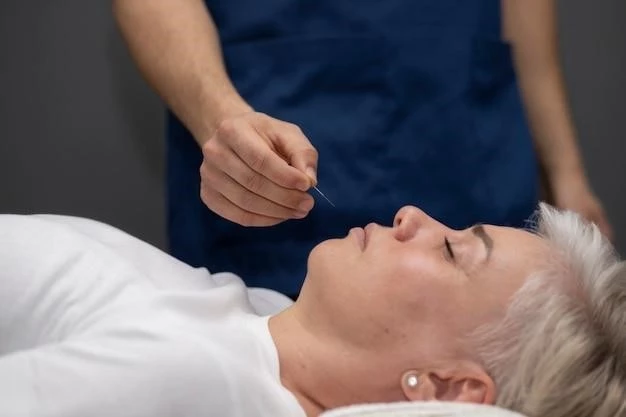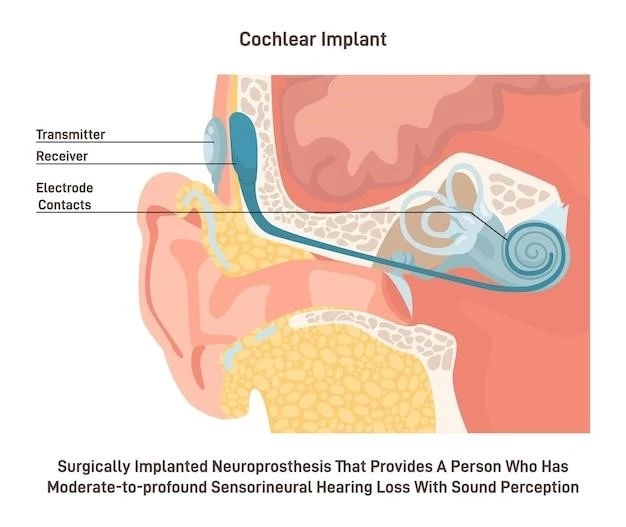Introduction
Microcephaly chorioretinopathy recessive form is a rare genetic syndrome characterized by severe microcephaly, chorioretinal lesions, and intellectual disabilities․ Understanding its inheritance pattern and manifestations is crucial for early diagnosis and management․
Microcephaly chorioretinopathy recessive form is a rare genetic syndrome characterized by severe microcephaly, chorioretinal lesions, and intellectual disabilities․ It is inherited in an autosomal recessive manner, requiring two copies of the abnormal gene for manifestation․ Diagnosing this condition can be complex due to overlapping features with other syndromes․ Early recognition of chorioretinal lesions in individuals with microcephaly is crucial for prompt evaluation and management of this unique genetic syndrome․
Microcephaly chorioretinopathy recessive form is a rare genetic syndrome involving severe microcephaly and unique chorioretinal lesions․ Recognizing this condition early is crucial for proper diagnosis and treatment․
Clinical Presentation and Diagnosis
Recognizing chorioretinal lesions in individuals with microcephaly is crucial for early diagnosis of the recessive form of microcephaly-chorioretinopathy syndrome․ These unique ocular manifestations, along with intellectual disabilities, are key features to consider during clinical evaluation and genetic testing for accurate diagnosis․
Recognizing Chorioretinal Lesions in Microcephaly
Early identification of chorioretinal lesions in individuals with microcephaly is crucial for diagnosing the recessive form of microcephaly-chorioretinopathy syndrome accurately․ These ocular manifestations play a key role in distinguishing this genetic disorder from other conditions․
Autosomal Recessive Nature of Microcephaly Chorioretinopathy
Microcephaly chorioretinopathy recessive form is inherited in an autosomal recessive manner, requiring two copies of the abnormal gene for manifestation․ Understanding the genetic inheritance pattern is crucial in diagnosing and managing this rare genetic syndrome․
Recognizing chorioretinal lesions in individuals with microcephaly is vital for distinguishing the recessive form of microcephaly-chorioretinopathy syndrome from other genetic disorders․ Seek medical advice promptly․

Differential Diagnoses
Distinguishing the recessive form of microcephaly-chorioretinopathy syndrome from congenital toxoplasmosis can be complex due to overlapping features․ Seek medical guidance for accurate differentiation and appropriate management strategies․
Seeking early diagnosis and specialized medical advice is crucial in managing microcephaly chorioretinopathy recessive form․ Understanding the prognosis and potential treatment options is essential for effective care․

Management and Prognosis
Effective management of microcephaly chorioretinopathy recessive form involves seeking specialized medical advice for accurate diagnosis and tailored treatment plans․ Understanding the challenges in treating this rare genetic syndrome is crucial for improving the prognosis and quality of life for affected individuals․
Research and Future Directions
Research on microcephaly chorioretinopathy recessive form is essential for advancing understanding and developing potential treatments for this rare genetic syndrome․ Stay informed about ongoing research efforts for future advancements․
Advancements in Understanding and Treating this Rare Genetic Syndrome
Ongoing research efforts on microcephaly chorioretinopathy recessive form aim to enhance knowledge and develop innovative treatments․ Keeping abreast of scientific advancements is essential for individuals and families affected by this rare genetic syndrome․
